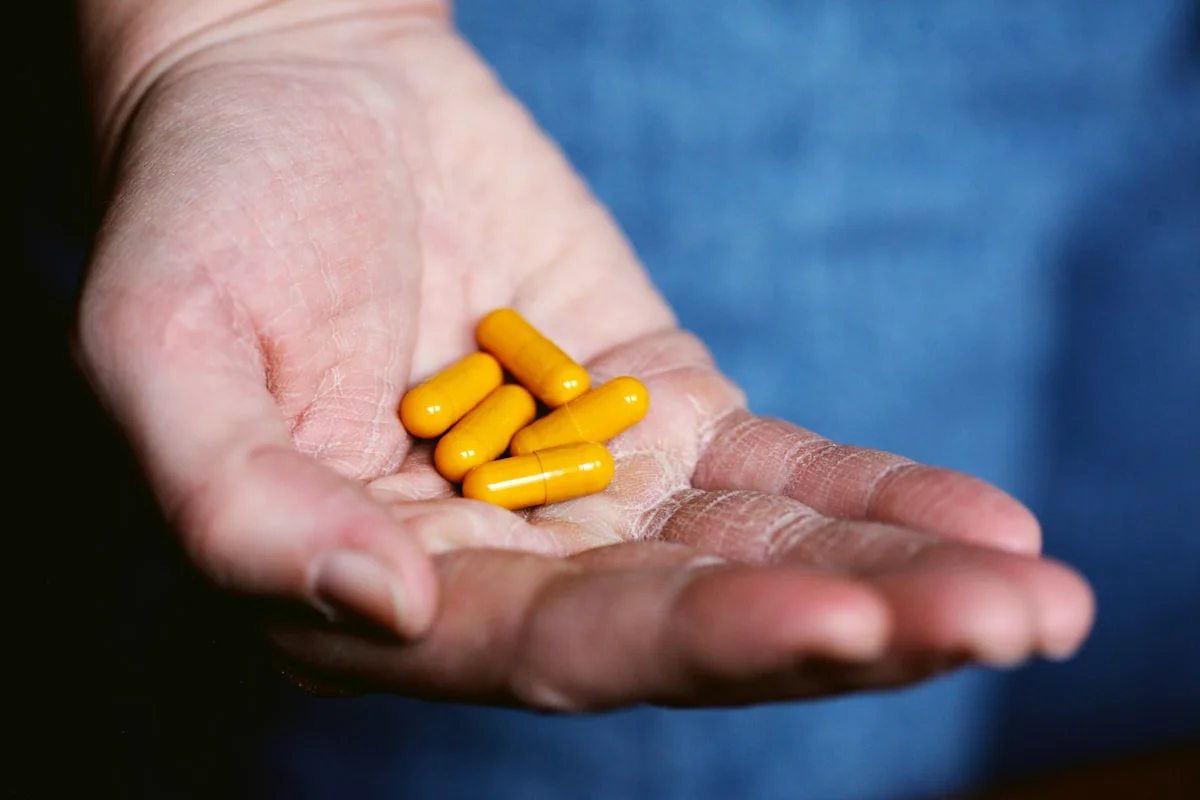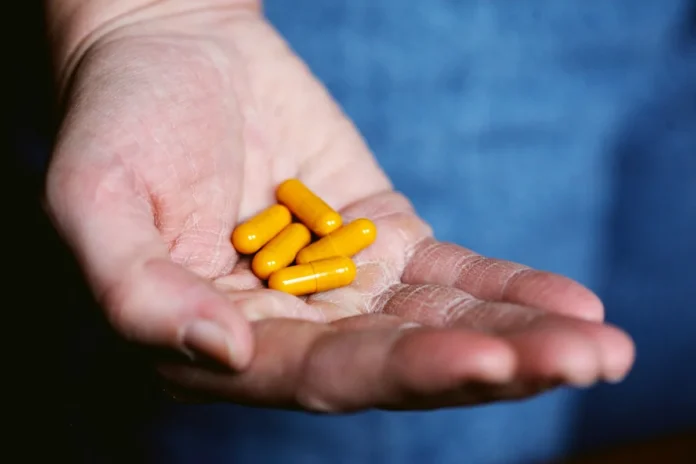Understanding the Connection Between Bipolar Medication and Libido
Bipolar disorder is a complex mental health condition characterized by extreme mood swings, including emotional highs (mania or hypomania) and lows (depression). Managing bipolar disorder often requires a combination of therapy and medication. While these medications can be life-changing for many, they sometimes come with side effects, one of which may be changes in libido. Understanding how bipolar medications affect sexual desire is crucial for individuals navigating treatment options.

How Bipolar Medications Work
Bipolar disorder medications primarily aim to stabilize mood and prevent episodes of mania or depression. The most commonly prescribed medications include mood stabilizers, antipsychotics, and antidepressants. Each of these drug classes works differently in the brain, which can influence various aspects of a person’s life, including their sexual health.
Mood stabilizers like lithium and valproate help regulate neurotransmitter activity to prevent extreme mood shifts. Antipsychotics, such as quetiapine or olanzapine, are often used to manage manic episodes, while antidepressants may be prescribed during depressive phases. These medications can have varying effects on libido, depending on the individual and the specific drug.
The Impact of Mood Stabilizers on Libido
Mood stabilizers are a cornerstone of bipolar disorder treatment. Lithium, one of the most commonly prescribed mood stabilizers, has been reported to affect sexual function in some individuals. While not everyone experiences these side effects, some people may notice a decrease in libido, difficulty achieving arousal, or changes in sexual satisfaction.
Valproate, another widely used mood stabilizer, may also influence sexual desire. Some studies suggest that valproate can lead to hormonal changes, which might indirectly affect libido. However, the extent of these effects varies from person to person, and not everyone will experience significant changes in their sexual drive.
Antipsychotics and Sexual Desire
Antipsychotic medications are often prescribed to manage symptoms of mania or psychosis in bipolar disorder. While effective for mood stabilization, some antipsychotics are known to cause sexual side effects. Drugs like risperidone or haloperidol may lead to decreased libido, erectile dysfunction in men, or reduced vaginal lubrication in women.
Newer atypical antipsychotics, such as aripiprazole or lurasidone, may have a lower risk of sexual side effects compared to older medications. However, individual responses can still vary, and some people may find that even these newer drugs impact their sexual desire or performance.
Antidepressants and Their Role in Libido Changes
Antidepressants are sometimes used in bipolar treatment, though they must be carefully managed to avoid triggering manic episodes. Selective serotonin reuptake inhibitors (SSRIs), a common class of antidepressants, are notorious for their potential to reduce libido. Medications like fluoxetine or sertraline can delay orgasm, decrease sexual desire, or make it harder to become aroused.
For individuals with bipolar disorder, the use of antidepressants is often paired with mood stabilizers to mitigate risks. However, the combination of these medications can sometimes compound sexual side effects, making it important to discuss any concerns with a healthcare provider.
Why Do These Medications Affect Libido
The exact mechanisms by which bipolar medications influence libido are not entirely understood, but several factors may contribute. Many of these drugs alter neurotransmitter levels in the brain, including serotonin, dopamine, and norepinephrine, which play key roles in sexual desire and arousal. Changes in these chemicals can dampen sexual response or reduce interest in sex.
Hormonal imbalances may also play a role. Some medications, particularly antipsychotics, can increase prolactin levels, a hormone that can suppress libido. Additionally, mood stabilizers like lithium might affect thyroid function, which can further influence sexual health.
Psychological and Emotional Factors
Beyond the biological effects of medication, bipolar disorder itself can impact libido. Depression, a common phase of bipolar disorder, often leads to a loss of interest in sex. Conversely, during manic or hypomanic episodes, some individuals may experience an increase in sexual desire. Medications that stabilize mood may indirectly affect libido by leveling out these extremes.
Stress, anxiety, and relationship dynamics can also influence sexual desire. If medication side effects cause frustration or self-consciousness, this may further reduce interest in sexual activity. Open communication with a partner and healthcare provider is essential in addressing these concerns.
Managing Libido Changes While on Bipolar Medication
If you’re experiencing a noticeable shift in libido after starting bipolar medication, you’re not alone. Many individuals face similar challenges, and there are strategies to help manage these effects. The first step is to discuss your concerns with your psychiatrist or prescribing doctor. They may adjust your dosage, switch medications, or add another drug to counteract sexual side effects.
Lifestyle changes can also make a difference. Regular exercise, a balanced diet, and stress management techniques like mindfulness or therapy may help improve sexual health. For some, scheduling intimate moments or exploring new ways to connect with a partner can rekindle desire.
Exploring Alternative Treatments
In some cases, alternative medications with fewer sexual side effects may be an option. For example, certain mood stabilizers or newer antipsychotics may have a milder impact on libido. However, any changes to medication should be made under medical supervision to avoid destabilizing mood.
For those who continue to struggle with libido despite adjustments, therapy or counseling can be beneficial. Sex therapy, in particular, can help individuals and couples navigate changes in sexual desire and find new ways to maintain intimacy.
Conclusion
Bipolar medications play a vital role in managing the disorder, but they can sometimes affect libido as a side effect. Understanding how different medications influence sexual desire and knowing when to seek help can make a significant difference in quality of life. If you’re experiencing changes in libido, don’t hesitate to talk to your healthcare provider. With the right approach, it’s possible to find a balance that supports both mental health and sexual well-being.



